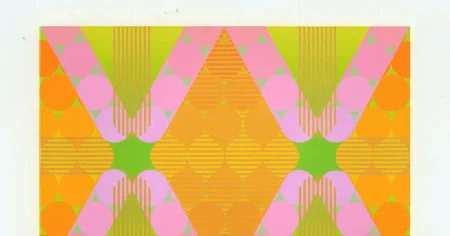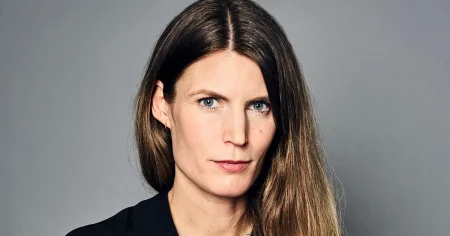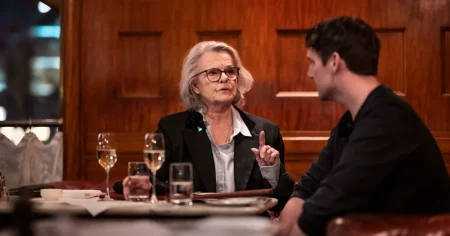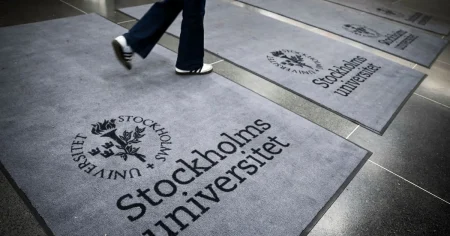Since childhood, the author has harbored a fascination for intriguing facts, finding solace and wonder in bite-sized pieces of information. Early encounters with fact-filled books sparked this lifelong interest, offering a gateway to a wider world and a comforting escape. These books, constant bedside companions, served as a portal to a universe brimming with curious and often bizarre tidbits, ranging from the astronomical number of possible chess openings to the surprising ranking of Swedes in global soap consumption. These morsels of knowledge provided a sense of intellectual adventure, allowing the author’s imagination to soar beyond the confines of his suburban room.
This enduring fascination for facts has continued into adulthood, now fueled by the podcast ”No Such Thing as a Fish.” The author dedicates a significant portion of his time to absorbing the podcast’s weekly offerings of strange and wonderful facts, presented by its four hosts. He calculates the time spent listening to the podcast to be equivalent to over thirty full-time work weeks, a testament to his devotion. Despite the considerable time investment, the author staunchly defends his listening habit, arguing that the acquired knowledge, such as the unusual dietary habits of a late American president, is invaluable.
The author contrasts his preference for absorbing verifiable facts with the contemporary trend of fabricating information. He observes that this widespread practice has surprisingly bypassed him, possibly due to his pre-existing passion for genuine facts. However, he now acknowledges the allure and liberating feeling of inventing one’s own reality, comparing it to the exhilaration of winning a national championship or achieving other fantastical feats, such as manipulating the volume of water in a container, slaying mythical creatures, rescuing pilots, and effortlessly paying off substantial debts. These imaginary accomplishments, often witnessed by royalty in his fabricated narratives, highlight the intoxicating freedom of creating one’s own truth.
The author critiques the lack of creativity and imagination demonstrated by many contemporary fact fabricators. He argues that their inventions are often mundane and negative, focusing on conspiracy theories and morbid statistics. He contrasts this with his own preference for more whimsical and uplifting fabrications, such as declaring the past decade a comedic sketch or inventing elaborate scenarios involving collective purchases of Italian villas for a fictional character, ”Mr. B.” This humorous critique underscores the author’s playful approach to the concept of fabricated realities.
The author’s journey through the world of facts, both real and imagined, reveals a deep appreciation for the power of information to spark curiosity, provide comfort, and even offer a form of escapism. From the factual tidbits of his childhood books to the quirky discoveries offered by his beloved podcast, the author’s quest for knowledge continues unabated. His eventual embrace, albeit tongue-in-cheek, of fabricated realities further demonstrates the human fascination with shaping and interpreting the world around us.
This exploration of facts and fabrications culminates in a satirical commentary on the current societal landscape, where the lines between truth and fiction often blur. The author’s playful critique, using exaggerated examples and humorous anecdotes, encourages a more critical and discerning approach to information consumption. The contrast between his deep appreciation for verifiable facts and his satirical embrace of fabricated realities highlights the importance of both knowledge and imagination in navigating the complexities of the modern world.














